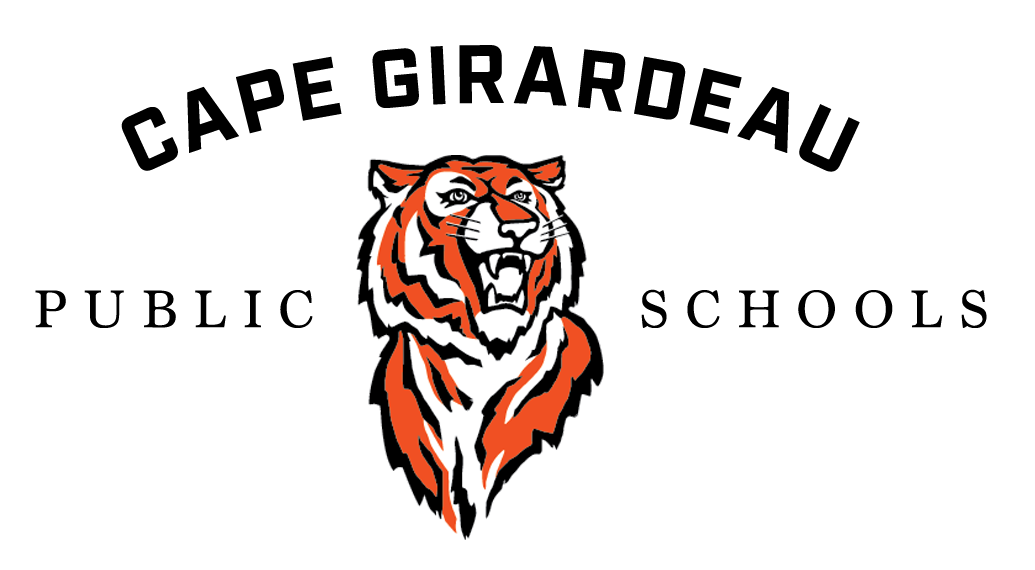Cape Central High senior Addie Brunkhorst took the time to help educate us all about National White Cane Safety Day. Thank you, Addie, for taking the time to share this important information with us all.
Addie Brunkhorst is a senior at CHS. She has a genetic eye disorder called Stargardt's Disease that affects her central vision and depth perception. She uses a white cane to help her avoid obstacles and navigate safely and independently. If you are curious about her cane, just ask!
She'd like you to know some facts about blindness and white canes:
1. Blindness is a spectrum, and there are different types of vision loss. About 93% of blind people still have some usable vision. While Addie is legally blind, she can still see things up close and use her peripheral vision.
2. White canes not only help users navigate safely, they also signal to others that the user is visually impaired. If a cane user needs help, they will ask!
3. The colors on the cane tell you about the user. An all-white cane means the user is completely blind, a cane with a red bottom means the user has some vision, and a white and red striped cane means the user is both blind and deaf.

